While you’re at it: Lock down your device security. If you’re still browsing, shopping and working online without antivirus software, you’re making a mistake. My trusted pick is $19 for the first year.
Unsecure page error: 5 things to try if you get this warning
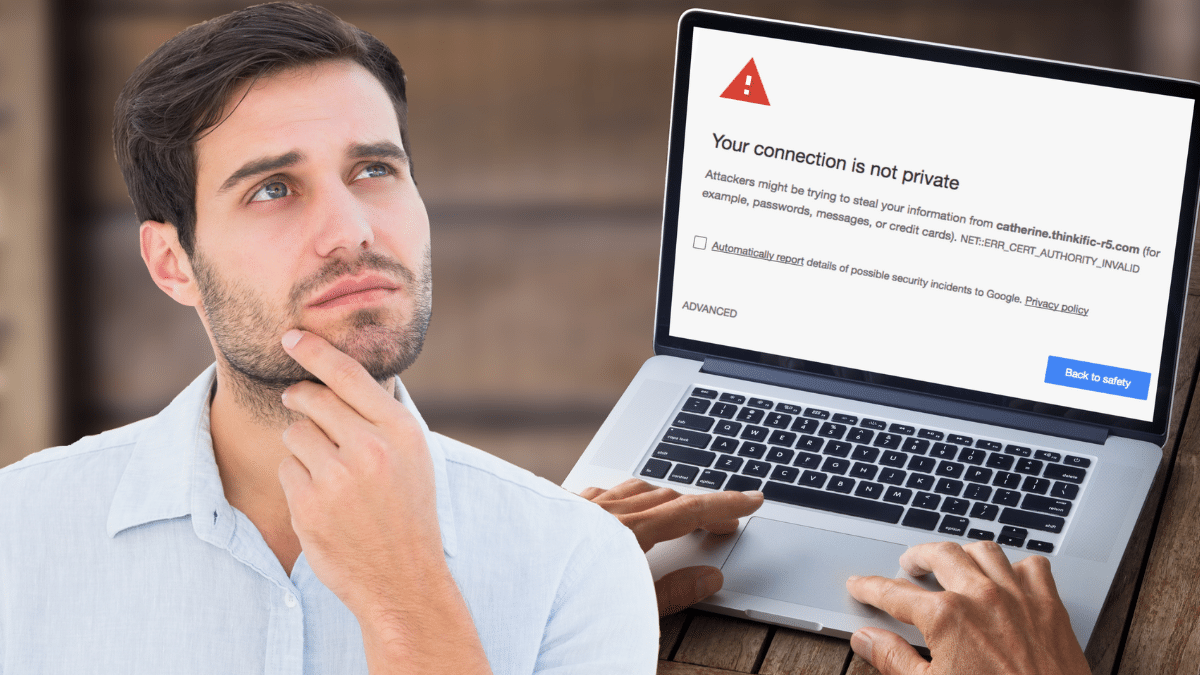
There are countless threats on the internet, from scams to malware-infested websites. Then there are unsecured websites, which your browser warns you about. If you get a message that says, “Your connection is not private,” you might jolt in alarm.
This error message is meant to protect you while surfing the web. For more ways to stay safe, use this tip to protect yourself in a dangerous digital world. There are many reasons why your browser might say, “Your connection is not private” or “Your connection is not secure.”
Luckily, there are a few ways to solve the issue. So, before worrying about your digital life being endangered, try one of these strategies. Here are five tips that should fix these error messages.
Why this happens
You’re browsing the web, having a grand old time. You click on a link so you can go to a webpage. Then you see this message:

You’ll see messages like this on browsers, from Chrome to Firefox. It means that your browser can’t verify the SSL certificate of the website you’re trying to visit. In other words, your browser shows you this message when it isn’t sure if the website will securely encrypt your data.
This error message isn’t always a red flag. Here are a few reasons why you might be seeing this error:
- The website’s SSL certificate expired.
- The domain holder never got their SSL certificate.
- It was never set up correctly.
If you own a website, you know that setting these certificates up is difficult. Speaking of which, you should run your site through analytics tests to ensure it’s functioning correctly. Tap or click here for five free online tests.
It’s easy for the owner of a website to make mistakes. Silver lining: There are a few ways to eliminate the error messages. Here are some troubleshooting solutions.
How to fix “Connection is not secure” errors
How to install antivirus and scan your computer
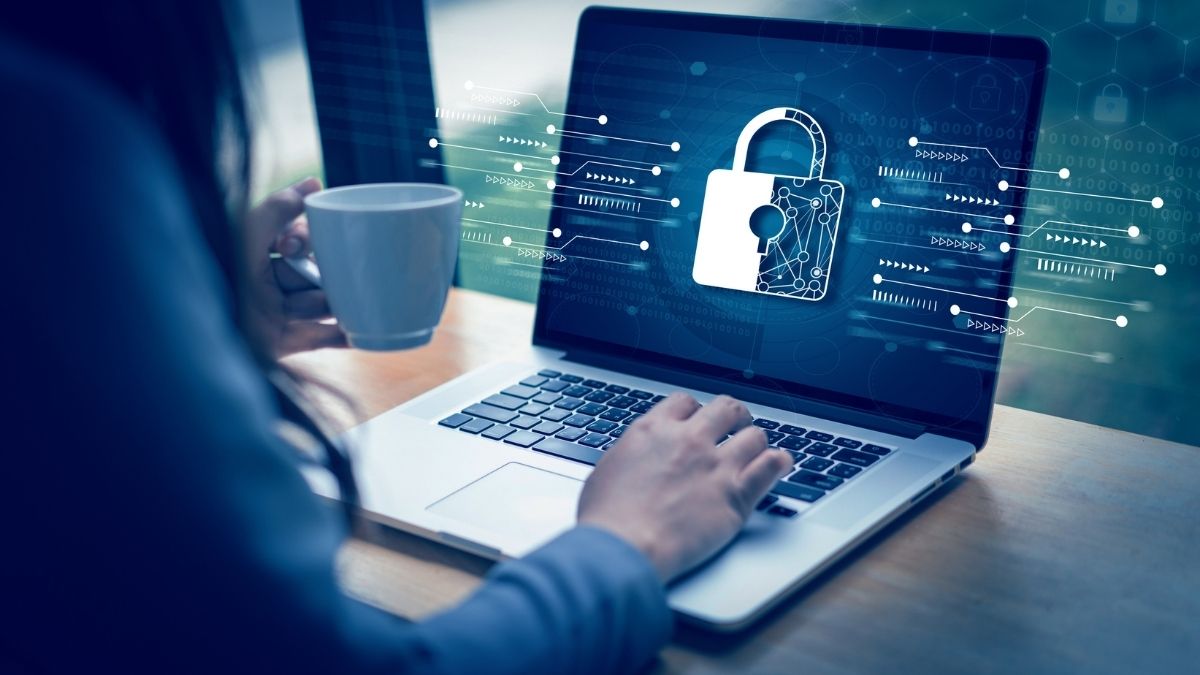
If you’re online, you’re at risk, plain and simple. There’s more out there after your info and wallet than you realize, from phishing scams to ransomware and malicious apps to malware.
That’s why it’s critical to protect your personal and business devices correctly. When it comes to your computer, tablet and phone, you need a robust security suite.
This antivirus software is a danger to national security
Kaspersky, a Moscow-based cybersecurity company, was just banned in the U.S. If you use its popular antivirus software, here’s why it’s time to ditch it.
🇷🇺 Did this happen to you? The U.S. government banned Kaspersky because of its ties to the Kremlin. Without warning, the Russian company deleted its software from its subscribers’ computers and replaced it with something called UltraAV. If you were using Kaspersky for antivirus protection, try my antivirus pick instead.
600 million cyberattacks
Target Windows every single day. Microsoft’s latest report with all the gory details says more than 99% of attacks go after your passwords. Antivirus software is a must, folks.
Antivirus comparison: Which option is best for your PC or Mac?
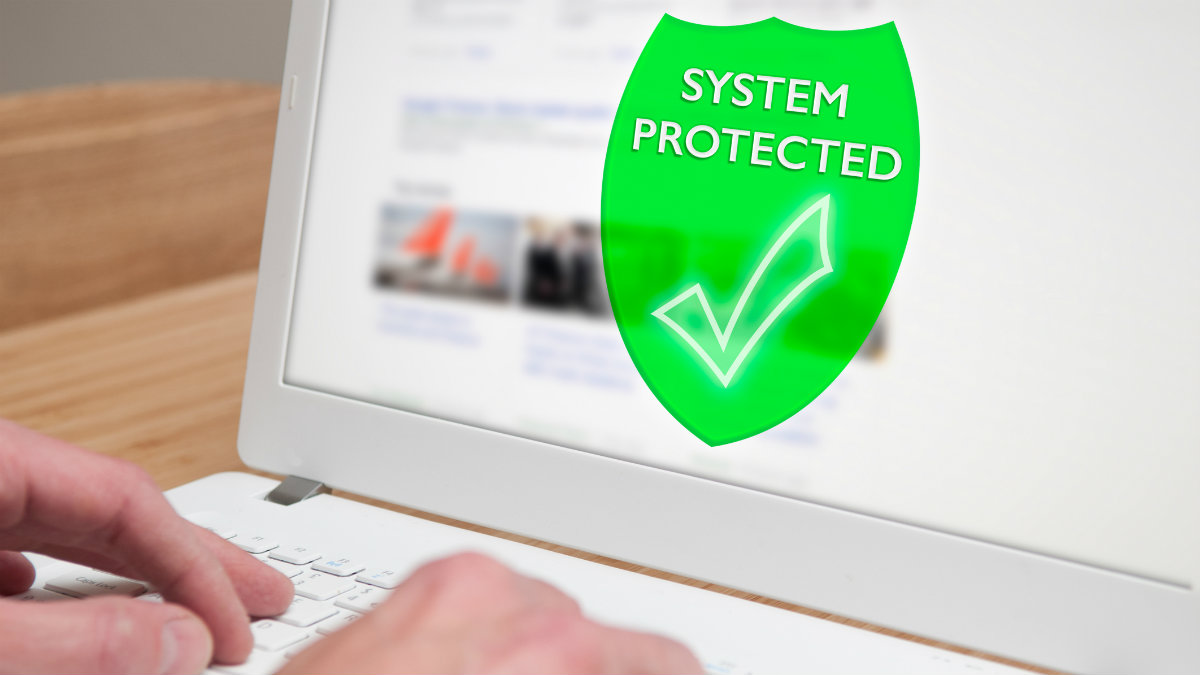
If you browse the internet regularly, you can’t get around the fact that you need antivirus software. Viruses can pop up in unexpected places, and you want your device to be able to fight one off if it appears.
Dangerous malware making the rounds is what makes having antivirus software protecting you so critical. But what’s the best antivirus software for a Mac or Windows computer? Keep reading to see the best options.
Protect all your devices with the best antivirus software

When it comes to antivirus software, there’s no better choice than our sponsor, TotalAV. For one, it’s available for your phone and computer, so all your devices are protected.
This security suite protects all your devices from the scariest online threats, such as ransomware, spyware, adware and (of course) malware. Its WebShield browser extension provides advanced protection against malicious websites and even blocks bad guys from stealing your data.
While you’re at it: Antivirus isn’t just for your computer. Protect your phone and keep it running at its best with my pick, which is only $19 for the first year.
🇷🇺 So long and farewell, comrade: The U.S. government banned Kaspersky Lab and its cybersecurity products over the company’s ties to the Kremlin. If you’re using Kaspersky for your antivirus protection, try my antivirus pick instead.
Protect up to 5 devices from malware, viruses and more - Just $20 for an entire year
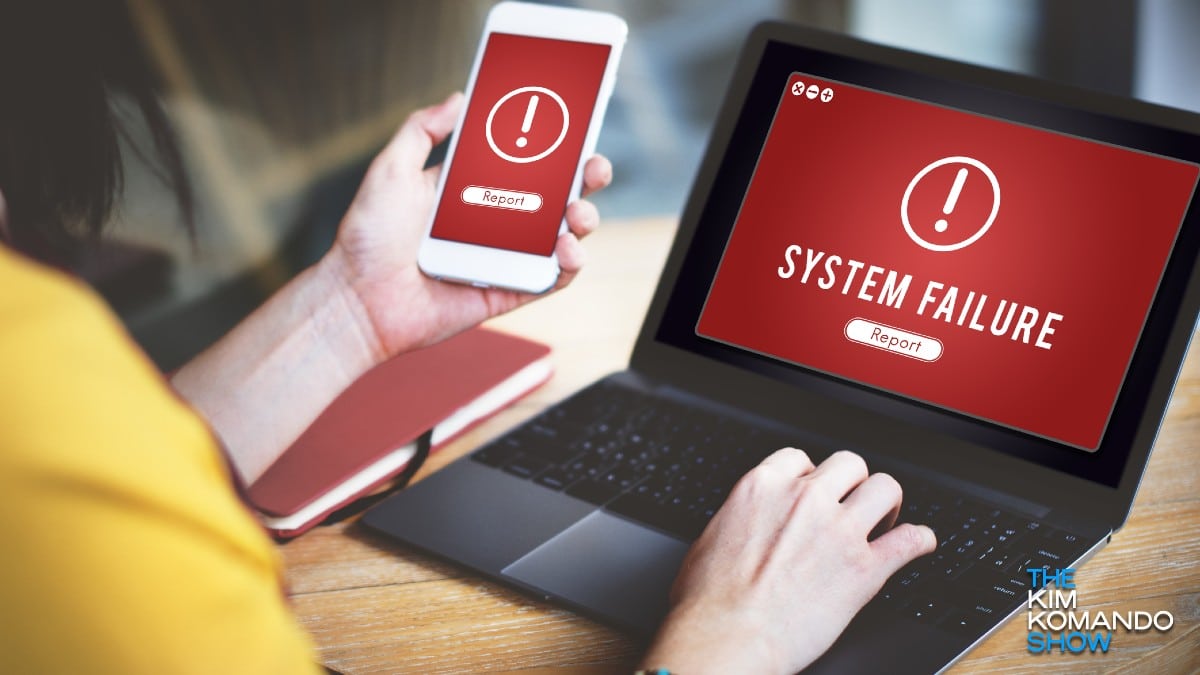
There’s nothing wrong with looking for ways to save money. Cutting back on things like your cable or electric bill is just good business. But you need to be smart about where to cut corners. Protecting your devices and critical files should not be skimped with all the cybercriminals and digital threats lurking.
This tool is 99% effective against malware
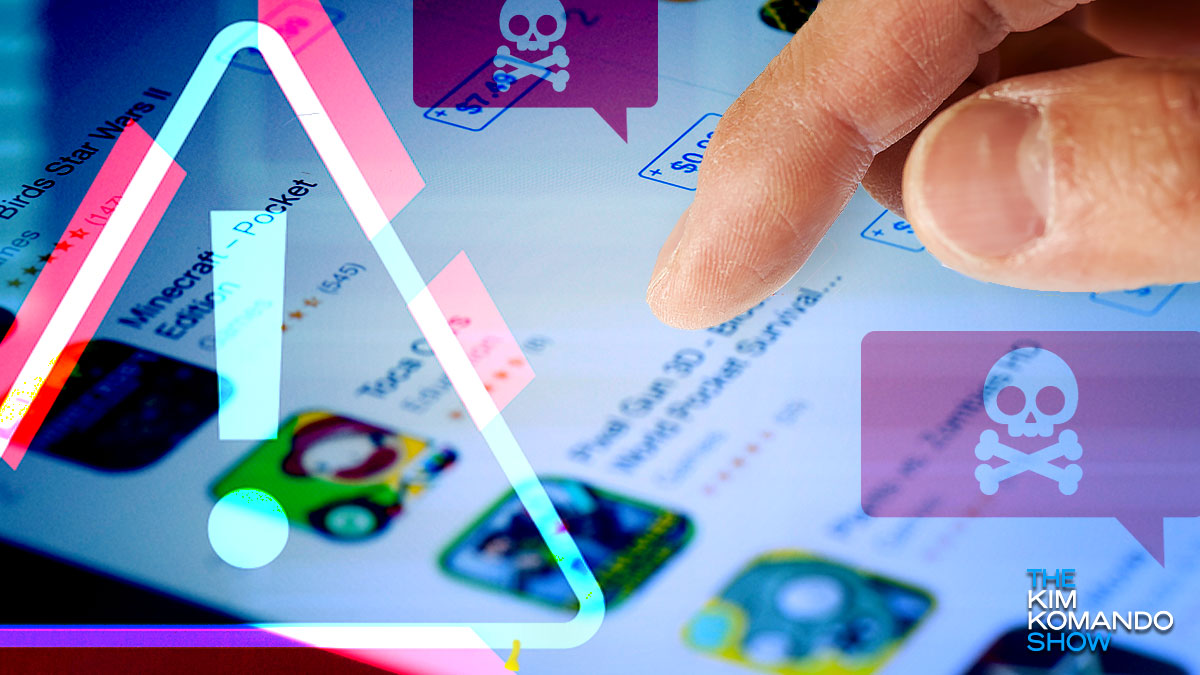
Too many cybercriminals are trying to worm their way into your system and steal from you. Even the most tech-savvy folks can be fooled. You don’t even need to click anything to download malware anymore.
That’s why you need powerful software to sniff out malicious files. I trust my sponsor, TotalAV. It’s simple to install and use, and it’s received the VB100 award for detecting more than 99% of malware samples for the last three years in a row. (Yeah, that’s a big deal.)
5 common antivirus mistakes to avoid at all costs
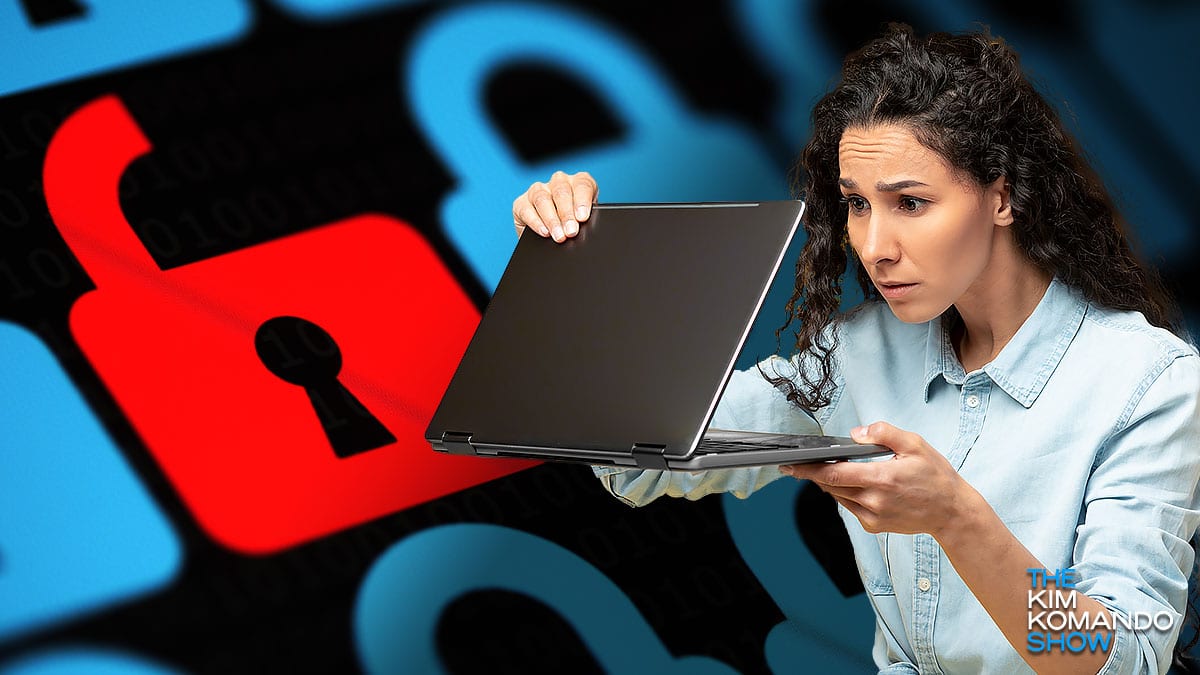
Computer viruses can ruin everything. Systems that once worked well grind to a halt as your computer struggles to recover. That’s why antivirus programs are non-negotiable: They keep your digital life safe if you avoid the most common mistakes.
6 ways tech can solve life's little annoyances

Minor tech annoyances can seem small at the moment. But in the grand scheme of things, they can cause stress and wasted time. If you don’t want tech issues to have a significant impact, cut them off with these tech life hacks.
👋 So long, farewell: Without warning, Russian cybersecurity provider Kaspersky Lab deleted its anti-malware protection from its subscribers’ computers and replaced it with something called UltraAV. This comes after the U.S. government added Kaspersky to its national security concern list because of its ties to the Kremlin. If you were using Kaspersky for antivirus protection, try my antivirus pick instead.
Hackers are targeting VPN wireless routers: ASUS, TP-Link, Zyxel and Ruckus have already been hit. How it works: They break in, infect your router with malware, then use it to infect others. Warning signs you’re part of a botnet: Weird PC behavior, slow speeds when your internet is working fine, and strange emails and messages you didn’t send. Keep your router updated and run antivirus software.
🚨 “Malvertising”: That’s the snazzy term for malware that spreads through “sponsored content” results at the top of Google searches. One click and you’re off to a shady site that steals your personal info or worse. Stay safe: Double-check URLs for misspellings or type them in manually. Keep your OS and browser updated, too. The best defense? Strong antivirus software.
Using free antivirus? Here's what it could cost you
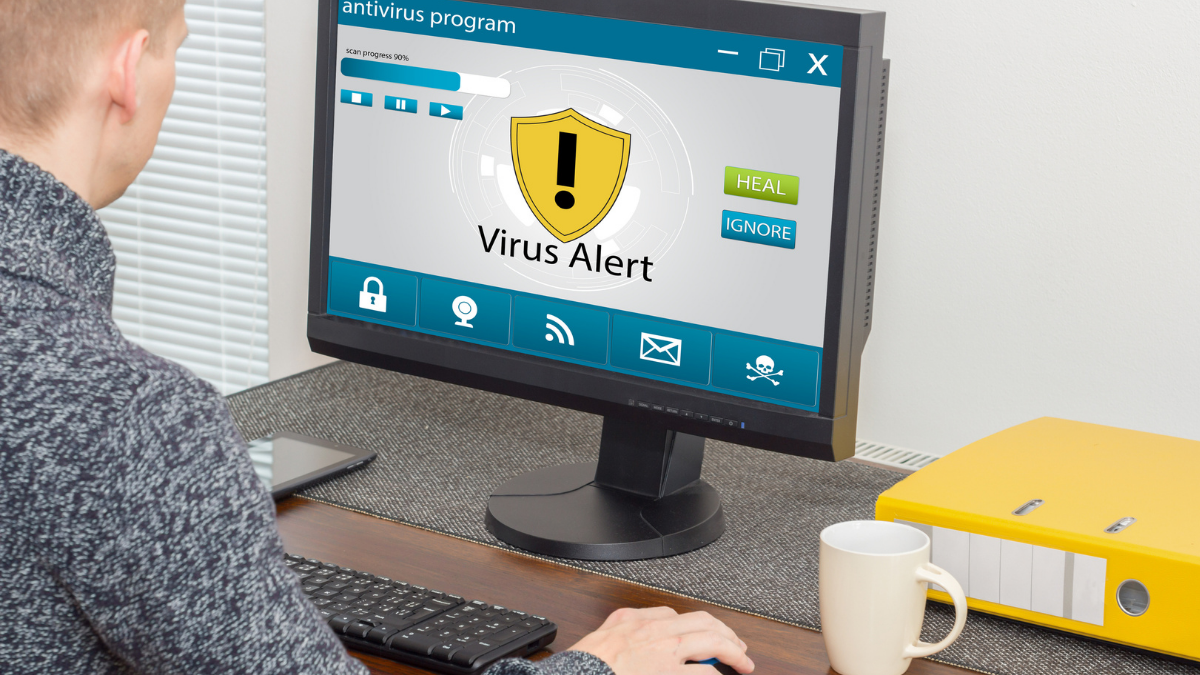
The internet is dangerous and laden with hidden threats. Luckily, antivirus (AV) software can spot lurking dangers that want to take over your computer. Tap or click here to find out why you need antivirus software.
You may consider a free version if you’re looking for an antivirus tool. A few solutions won’t cost you a dime, which can be appealing. But, as with all things, you get what you pay for.
It took one bad click to hack the personal details of 7.6 million individuals, including full names, email addresses, telephone numbers and order details. The breached org? Evolve Bank & Trust, a vendor for Affirm, Wise, Bilt, Shopify, Plaid, Stripe and Mercury. There’s a good chance that hacked info includes yours. Solid, award-winning antivirus software is more important than ever, folks.
Kaspersky’s kaput: The U.S. has officially banned Kaspersky antivirus software over its shady ties to Russia. Officials say it poses a national security risk due to the Russian government’s influence. If you don’t have an antivirus solution (or you need a new one), TotalAV is my pick.
